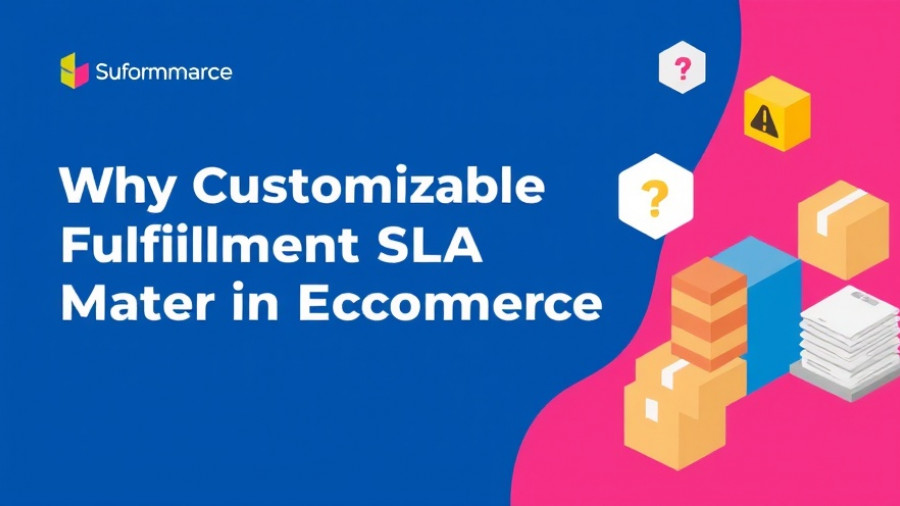
Understanding the Impact of UN38.3 Certification on Battery Exports
As the demand for batteries grows globally, the safety of their transportation has become a critical concern. In response, the United Nations introduced the UN38.3 certification, which ensures that lithium batteries meet stringent safety standards before export. This article delves into the significance of UN38.3 certification, particularly in light of the upcoming 2025 regulatory updates, and its implications for battery exporters.
What Is UN38.3 Certification?
The UN38.3 certification establishes safety protocols for lithium batteries during transport, especially by air. All manufacturers must ensure their batteries pass a series of rigorous tests, including altitude and thermal simulations, vibration assessments, and short circuit tests. These measures are vital to prevent incidents like fires or explosions that could jeopardize safety during transit.
Why Is UN38.3 Certification Important?
Ultimately, this certification is crucial for protecting both consumers and manufacturers. Batteries that haven't obtained UN38.3 certification are barred from export to several markets, directly restricting market access for manufacturers. Conversely, compliance boosts credibility, allowing exporters to benefit from heightened trust among consumers and clients.
Recent Developments: 2025 Regulatory Updates
Significant changes to the UN38.3 certification requirements are expected by 2025. Among these is the introduction of enhanced high-temperature testing protocols and more precise data reporting requirements. Manufacturers will need to invest in upgrading testing facilities and refining product designs to meet these emerging standards. Such adjustments are essential for maintaining competitiveness in a rapidly evolving market.
Challenges in Achieving Certification
The path to securing UN38.3 certification is fraught with challenges, particularly for smaller manufacturers. The certification process can be complex, involving collaboration with designated testing labs and extensive documentation. Small businesses, in particular, may find the costs associated with compliance to be a significant burden. However, investing in this certification is ultimately a step towards securing a broader international market presence.
Practical Insights for Manufacturers
For manufacturers pursuing UN38.3 certification, here are key strategies for success:
- Preview Your Design: Anticipate the upcoming regulations by designing batteries that exceed current standards.
- Upgrade Testing Facilities: Ensure your testing environments can accommodate enhanced requirements by 2025.
- Training: Provide comprehensive training for staff on new regulations and compliance pathways.
Common Misconceptions About UN38.3 Certification
Some manufacturers assume that once they obtain UN38.3 certification, they are set for life. However, even minor design changes call for re-certification. Staying informed about evolving regulations and potential re-testing is crucial for ongoing compliance.
The Global Reach of UN38.3 Certification
As the number of lithium-powered devices continues to rise, adherence to UN38.3 certification isn't just about regulatory compliance—it's about securing a competitive edge in the international market. With logistical failures often linked to inadequate certification, staying compliant can help exporters mitigate risks of financial losses or reputational damage.
In conclusion, UN38.3 certification offers essential safety assurances for lithium battery exports and profoundly impacts how manufacturers approach their business models. With the 2025 updates, adapting to new requirements will be crucial for the sustained success of battery manufacturers in the global marketplace.
Stay ahead in e-commerce: If you want to deepen your understanding of logistics or explore how to optimize your offerings for safety compliance, consider reaching out to fulfillment experts.
 Add Row
Add Row  Add
Add 




Write A Comment